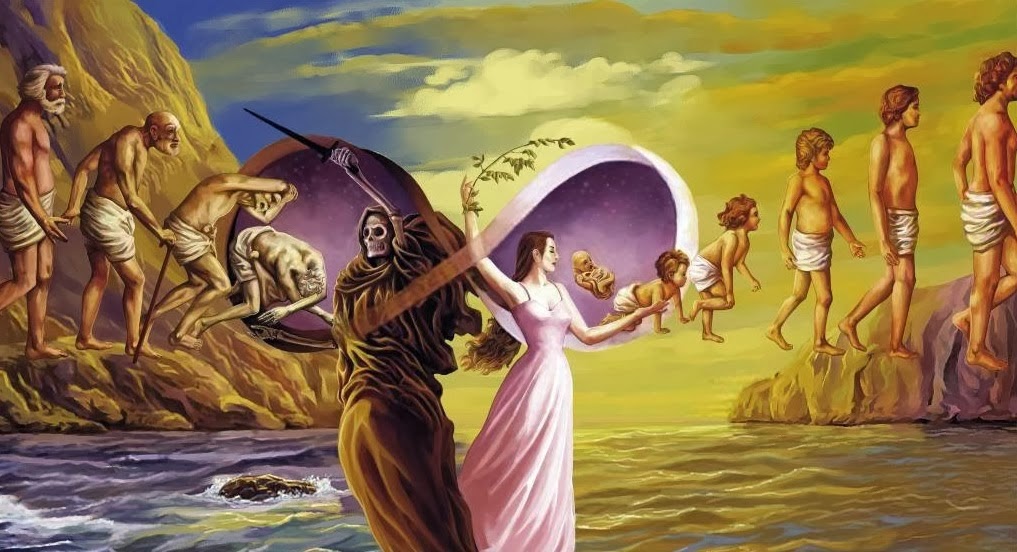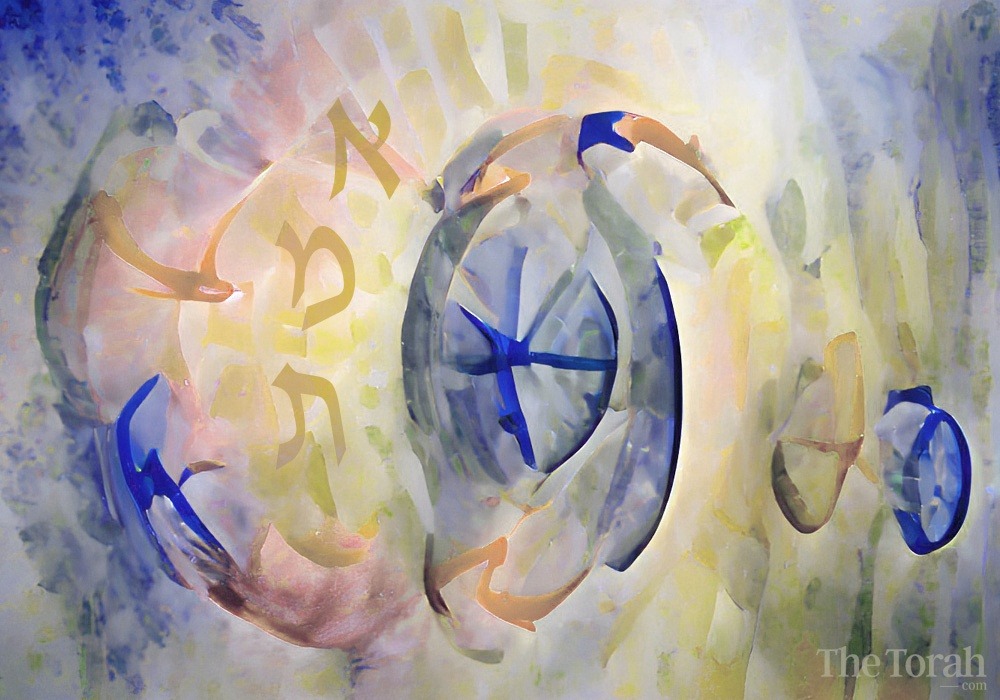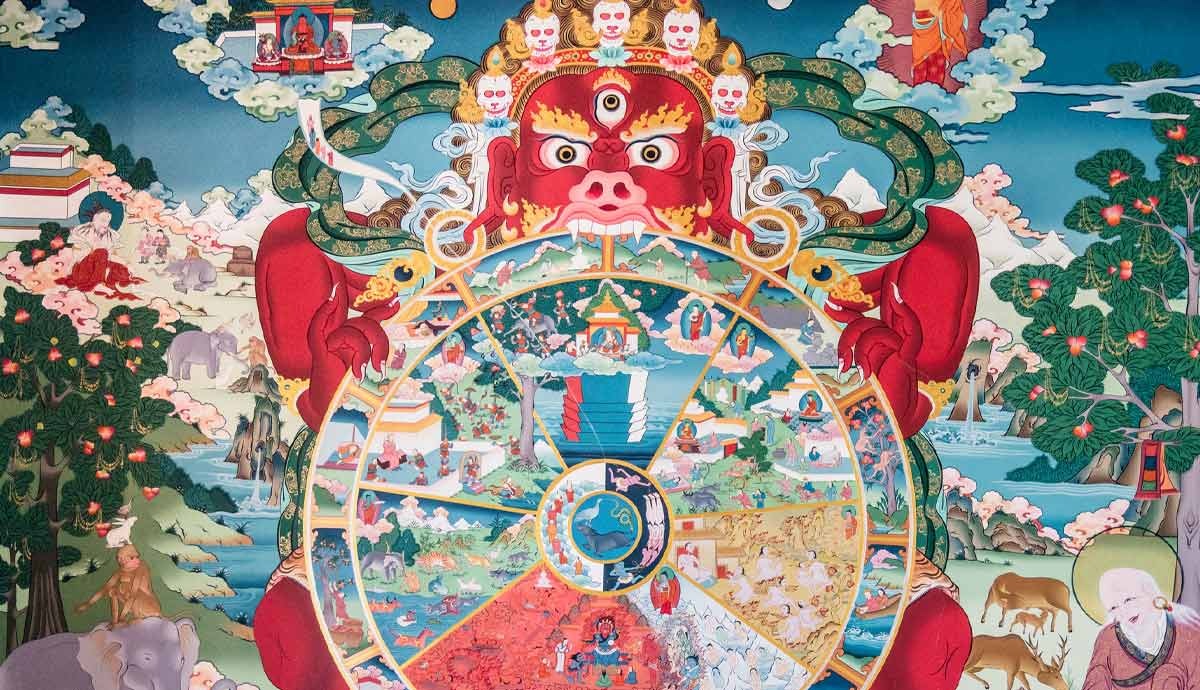
Reincarnation dogma has been around for ages, and predates even the most popular religions of the modern era. It is most tied to Hinduism, one of the world’s oldest and third-largest religions. According to the Merriam-Webster dictionary, reincarnation means “rebirth in new bodies or forms of life.” Reincarnation stems from the belief that a person’s physical body and conscious soul are two separate entities. Just because the physical body dies, it does not mean that the soul dies along with it. And so, through reincarnation, this “nonmaterial essence” that is linked with a specific entity can return to the living world in another physical body. Now, whether this may be another human being, animal, or plant, depends on different religions and their views on the process.
In this article, we’ll go through what the major world religions say about Reincarnation, including:
And then we will go through the various religions that believe in Reincarnation.
The overall consensus that takes place in the Christian faith is that reincarnation does not apply to its beliefs. Christianity believes that humans (and their souls) are put on the Earth to live just once. When they die, their bodies rot in the soil, but their spirits are judged by God and sent to either heaven or hell. This is briefly described in Hebrews 9:27, “Just as man is appointed to die once, and after that to face judgment.” One can not necessarily be judged on multiple lives. We only have one life and one chance to accept God and live according to the doctrine. How we live this one life will impact whether we go to heaven or not.
One of the passages that often gets questioned in the Bible, which may or may not have to do with reincarnation, takes place in the book of Matthew, where John the Baptist was referred to as Elijah. But later on in the Bible, in the book of Luke, it explains that John the Baptist only carried the spirit of Elijah, not that he was Elijah.
Now, while “reincarnation” is not specifically used in Jewish doctrine, there is the concept of gilgul that is mentioned and described in great detail in the Kabbalah -- Hebrew-Jewish mysticism. The word derives from the Hebrew root that translates to “to spin.” In this case, the soul “spins” through many bodies so that in each life or body, it can strive for a better way of life, or a higher form of perfection.

Rabbi Isaac Luria, an important 16th-century Kabbalahist, believed that he could see a soul’s history and many lives by looking at a human being's face. By doing this, he was able to advise his followers on what they should focus on to transcend gilgul. One of his followers, Rabbi Hayyim Vital, then believed and preached that certain people are reborn to perfect or work on certain aspects of themselves so that they can progress and climb to the next stage -- but progress was not always promised, and there was always the chance that the soul could sin and be demoted.
Ultimately, one should live their lives to surpass gilgul. But according to the Kabbalah, some great souls are specifically reincarnated to help other souls. It is important to note that Kabbalah is once again Jewish mysticism. The idea of gilgul is not widely accepted and is still met with a lot of speculation. It has not been officially ratified, but it also hasn’t been specifically excluded.
Similar to Christianity, there is no official concept or mention of reincarnation in Islam. The Quran specifically highlights that a person is given one life and one chance only to strive for righteousness. Surah Al-Mulk (Chapter 67, Verse 2) states, “He is the One Who created death and life in order to test which of you is best in deeds. And He is the Almighty, All-Forgiving.” Life is seen as a test, and a human's actions in this one life will then decide their afterlife.
Islam views life as being linear: life, death, resurrection, and judgment day. But reincarnation enforces this idea that life is cyclical - that there is more life after death, and that the soul continues to live on. Therefore, the two ideas almost contradict one another. There is an Islamic hadith from Alī ibn Mūsā al-Riḍā that states, “Someone who believes in Reincarnation is a disbeliever (kafir) and has refuted heaven and hell.” Someone who believes in reincarnation can not simultaneously believe in the Islamic preachings.
Though the Abrahamic religions don’t place much significance on reincarnation, it does not mean it is a lost belief.

Reincarnation is a belief that has been around for thousands of years and continues to be practiced. Though not all religions and belief systems follow reincarnation, it can aid people in providing hope about the concept of death. Some people find closure in just one life and one chance, and some people find peace in multiple lives and learning from past mistakes. Nonetheless, reincarnation is a respected theology and is prominent in many existing religions around the world.